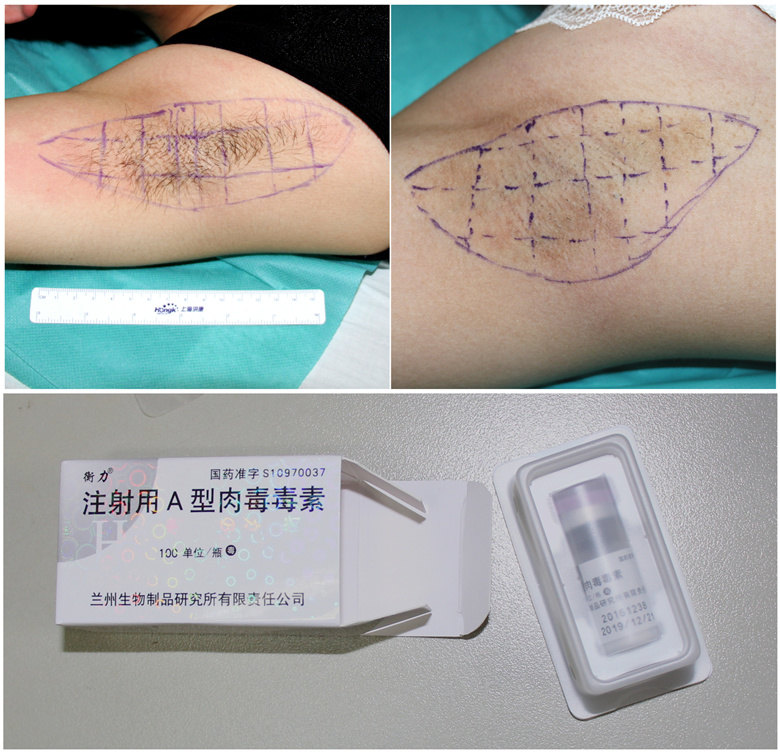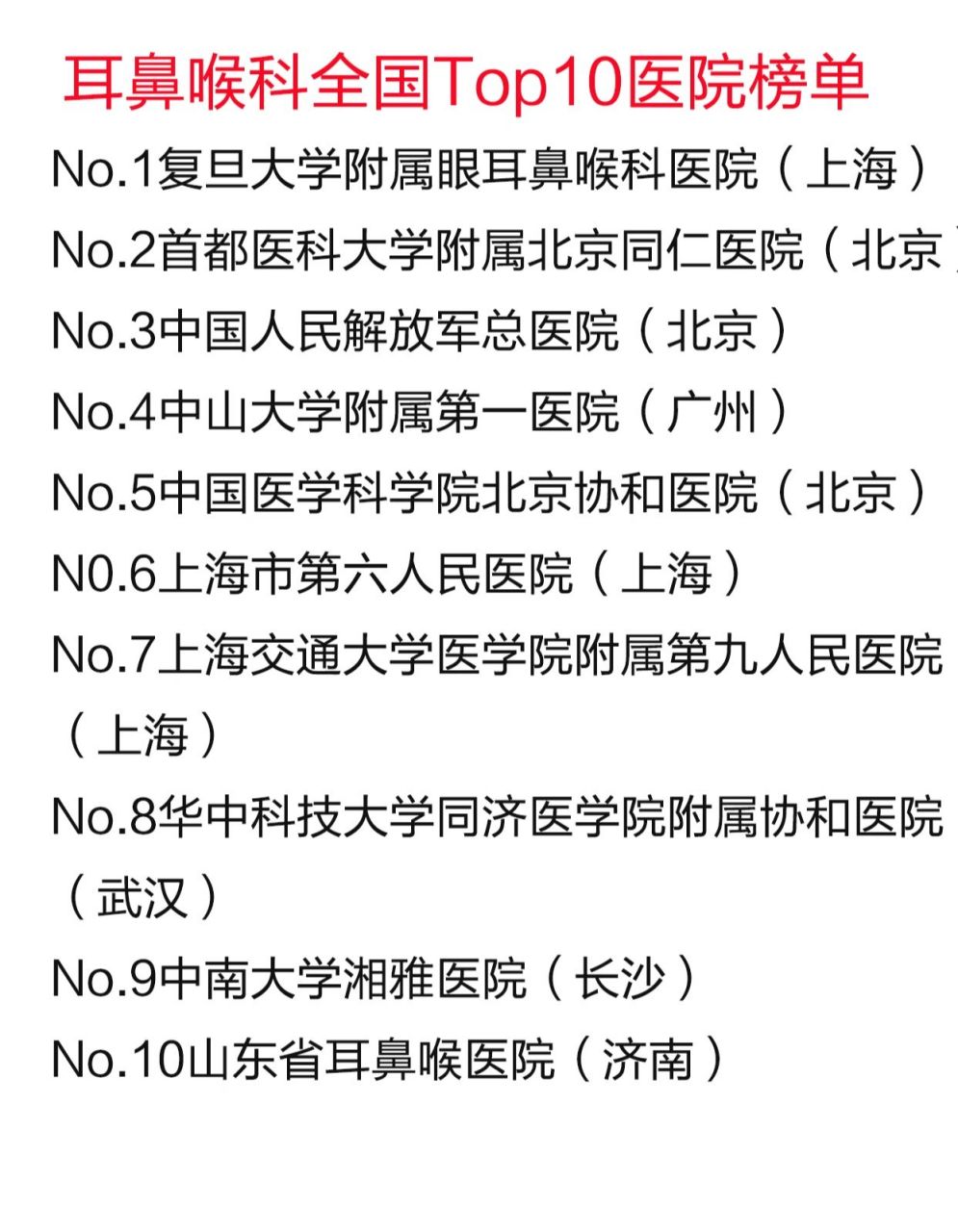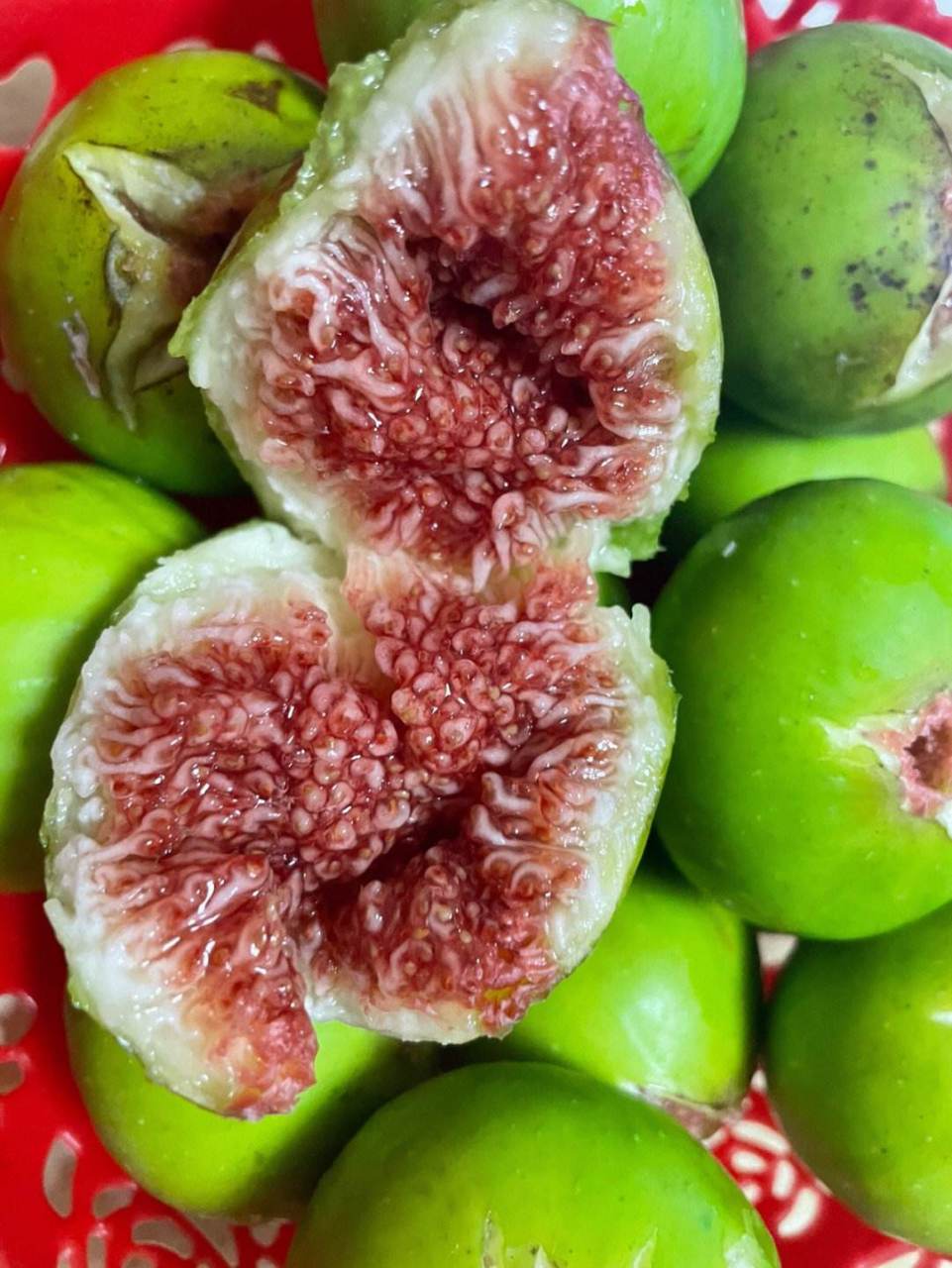
Effective treatment of rhinitis, or nasal inflammation, depends on the underlying cause, which can be allergic, non-allergic, or infectious. Here is a general approach to treating rhinitis:
1. Identify and Avoid Triggers: For allergic rhinitis, identify and avoid allergens such as pollen, dust mites, pet dander, and mold.
2. Medications:
- Antihistamines: Reduce sneezing, itching, and runny nose.
- Nasal Corticosteroids: Decrease inflammation and congestion; effective for both allergic and non-allergic rhinitis.
- Decongestants: Relieve nasal congestion but should be used short-term to avoid rebound congestion.
- Leukotriene Receptor Antagonists: Help control symptoms in some people with allergic rhinitis.
- Saline Nasal Sprays: Keep the nasal passages moist and help flush out irritants.
3. Immunotherapy:
- Allergen Immunotherapy (AIT): Also known as allergy shots, this long-term treatment can reduce sensitivity to allergens.
- Sublingual Immunotherapy (SLIT): Involves placing allergen extract under the tongue to build tolerance.
4. Lifestyle Changes:
- Air Purifiers: Use HEPA filters to reduce airborne allergens.
- Humidifiers: Maintain optimal humidity levels to soothe nasal passages.
- Regular Cleaning: Keep living spaces clean to minimize dust and allergens.
5. Nasal Irrigation: Using a saline solution to rinse the nasal passages can help remove mucus and irritants.
6. Follow-Up: Regular check-ups with a healthcare provider to monitor symptoms and adjust treatment as needed.
It is important to consult a healthcare provider for a proper diagnosis and personalized treatment plan, especially if symptoms are severe or persistent.









